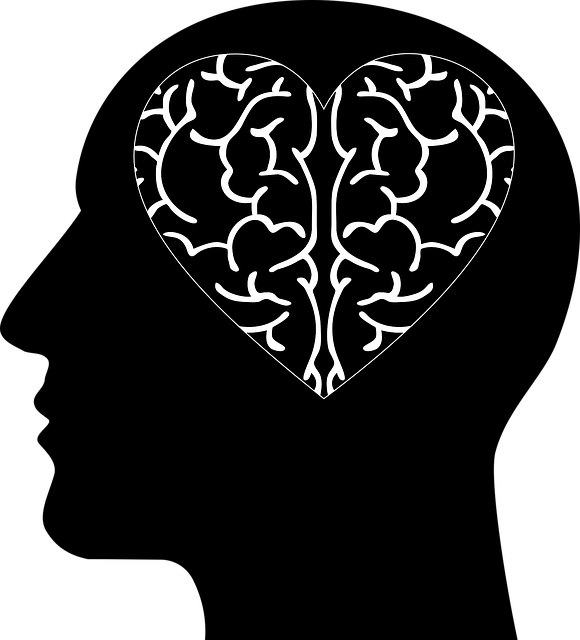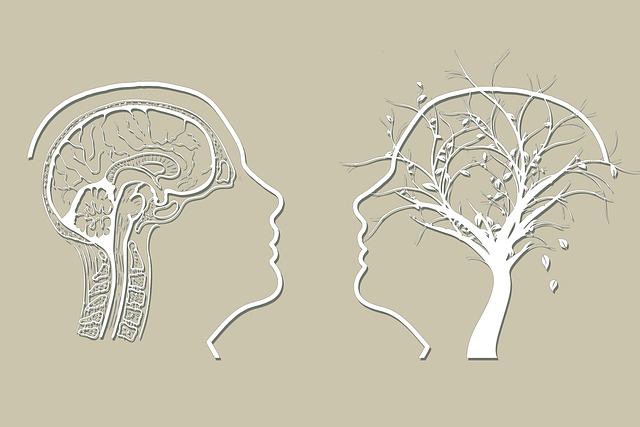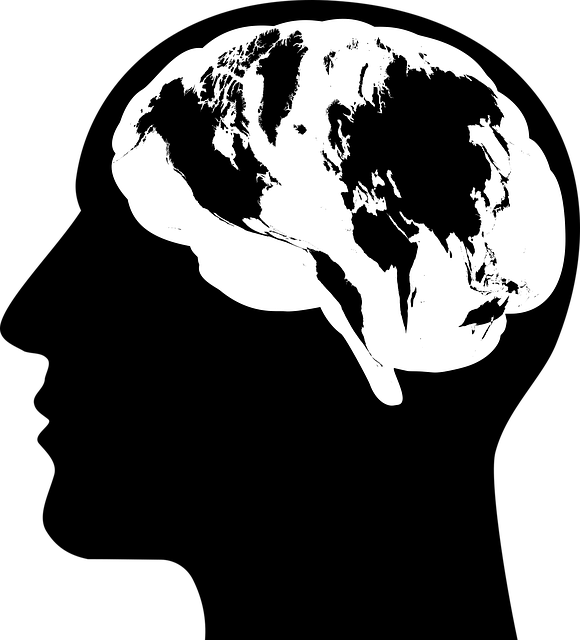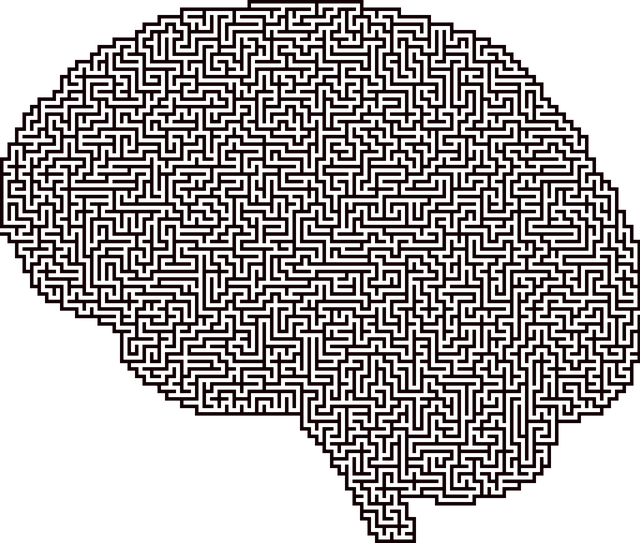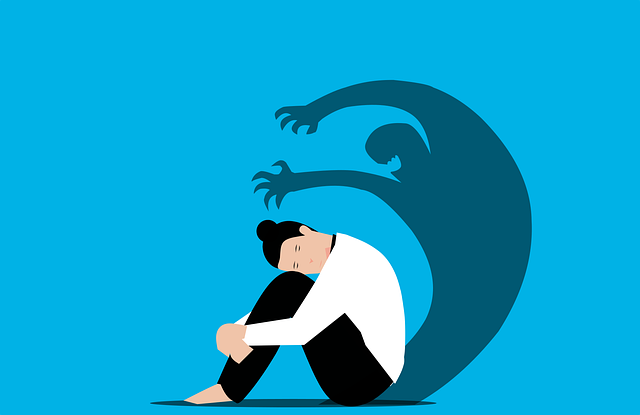Mental Health Crisis Hotlines provide 24/7 support, using trained professionals to de-escalate situations and offer guidance on therapy options, including specialized care for Attention Deficit Disorder (ADD) and Attention-Deficit/Hyperactivity Disorder (ADHD). These hotlines empower users with self-esteem improvement, burnout prevention, and mental health management strategies. For ADD-ADHD individuals, therapy approaches like cognitive-behavioral therapy (CBT), mindfulness practices, and support groups enhance well-being. Accessing verified mental health helplines through online resources and advocacy groups ensures tailored care, including follow-up support and referrals to specialized programs.
“Mental health crisis hotline support services play a pivotal role in providing immediate assistance during times of distress. This article explores the significance of these lifelines, focusing on understanding mental health crisis hotlines and their impact on individuals with Attention Deficit Disorder (ADD) or Attention Deficit Hyperactivity Disorder (ADHD).
We delve into the unique challenges faced by ADD-ADHD individuals and how tailored therapy can enhance their well-being. Additionally, we guide readers through accessing these invaluable services, ensuring they know where to turn during crises.”
- Understanding Mental Health Crisis Hotlines
- The Role of Therapy in Supporting ADD-ADHD Individuals
- Accessing and Utilizing These Lifesaving Services
Understanding Mental Health Crisis Hotlines

Mental Health Crisis Hotlines serve as vital resources for individuals facing acute emotional distress or mental health crises. These 24/7 services provide immediate support, offering a safe space to express concerns and connect with trained professionals. They are designed to prevent escalation, de-escalate situations, and offer guidance on available therapy options, including specialized care for conditions such as ADD-ADHD.
Hotline counselors employ various techniques like active listening, crisis intervention, and social skills training to help individuals navigate their emotions. Moreover, they can assist with self-esteem improvement strategies and burnout prevention techniques, empowering users to manage their mental health effectively. These services bridge the gap between acute crises and ongoing therapy, ensuring individuals receive timely assistance and necessary direction towards long-term well-being.
The Role of Therapy in Supporting ADD-ADHD Individuals

Therapy plays a pivotal role in supporting individuals with Attention Deficit Disorder (ADD) or Attention-Deficit/Hyperactivity Disorder (ADHD), offering specialized care tailored to their unique challenges. Through various therapeutic approaches, professionals help these individuals develop coping strategies and improve their overall well-being. Cognitive-behavioral therapy (CBT), for instance, is widely used to manage ADHD symptoms by teaching skills to organize tasks, improve time management, and enhance focus.
In addition to CBT, other therapeutic methods such as mindfulness practices and support groups can significantly benefit ADD-ADHD individuals. Mental health education programs design sessions that foster self-awareness and provide tools for stress management. Moreover, conflict resolution techniques, coupled with risk assessment for mental health professionals, ensure safe and effective interactions during therapy. These comprehensive strategies collectively contribute to a more inclusive and supportive environment for those navigating the complexities of ADD-ADHD.
Accessing and Utilizing These Lifesaving Services

Accessing these critical lifesaving services is a vital step towards navigating and managing mental health crises effectively. Many individuals suffering from conditions like Attention-Deficit/Hyperactivity Disorder (ADD-ADHD) find solace through dedicated hotline support. The process typically begins with identifying suitable hotlines tailored to specific needs, whether it’s for immediate crisis intervention or long-term therapy support. Online resources and advocacy groups can be invaluable in this quest, providing directories of verified mental health helplines.
Utilizing these services requires a simple yet significant step—reaching out. Callers often connect with trained professionals who offer empathy, guidance, and valuable tools for coping mechanisms. For ADD-ADHD individuals, hotlines may provide specialized therapy options, helping to manage symptoms and improve overall mental wellness. Moreover, some services also offer follow-up support and referrals to other resources, such as Mental Wellness Coaching Programs, confidence-boosting workshops, or even engaging Mental Wellness Podcast Series Production, ensuring a comprehensive approach to mental health care.
Mental health crisis hotline support services play a vital role in providing immediate assistance and long-term solutions, especially for individuals with Attention Deficit Disorder (ADD) or ADHD. By offering accessible and confidential resources, these hotlines empower people to seek help without stigma. The article has highlighted the importance of therapy tailored to ADD-ADHD individuals, which, combined with hotline support, can lead to significant improvements in mental well-being. Accessing these services is a crucial step towards managing crises and ensuring better overall health, offering a lifeline for those in need.
